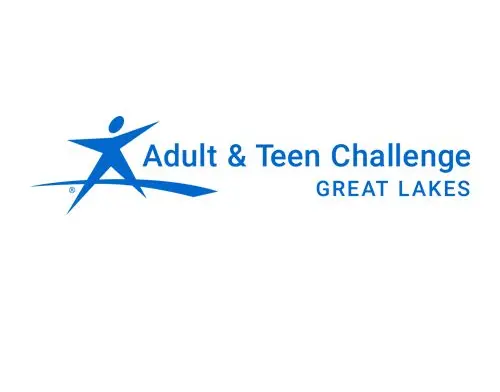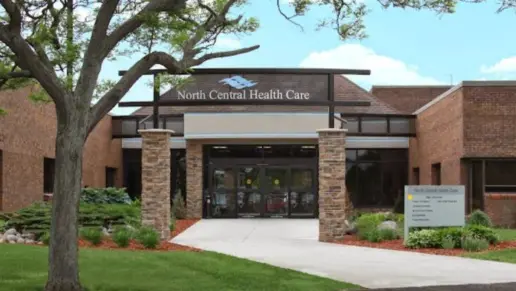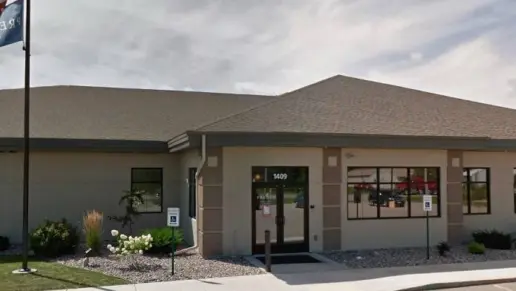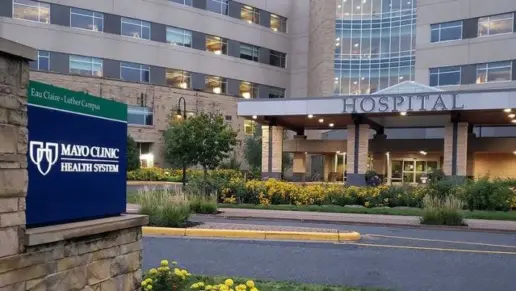About Great Lakes Women’s Rehab
The Great Lakes Women’s Rehab knows facing life-controlling problems such as drug and alcohol addictions are incredibly difficult. That’s why our proven residential rehabilitation program helps the women become established in society through holistic recovery, mentoring, education, and job training.
The Great Lakes Women’s Rehab Robby Dawson Home is considered one of the top Adult & Teen Challenge facilities in the United States.
Great Lakes Women’s Rehab, part of Teen Challenge, focuses on the total person with spiritual, emotional, physical, social, and educational training to prepare them for their new life, post addiction. All aspects of our program are focused on achieving abstinence from alcohol and other drugs, and most importantly, building the foundation to support recovery for a lifetime, including spiritual recovery.
Why choose Great Lakes Women’s Rehab first? Long-term residential recovery programs like Great Lakes Women’s Rehab, part of Great Lakes Adult & Teen Challenge, differ from typical short-term programs you hear so much about. Short-term “revolving door” programs are visited again and again by relapsed addicts, temporarily solving the addiction, but never solving the core of the problem so the addiction comes right back again. So, the addict has to return to rehabs again and again, costing them, their insurance carrier, or their family tens of thousands of dollars each time. Every day, Great Lakes Women’s Rehab enrolls individuals who have previously attended 5, 10, 20, or even 30 costly short-term rehabs, to no avail. They should have come to Great Lakes Women’s Rehab first!
How is Great Lakes Women’s Rehab is different? It is one of the few programs that will dedicate a whole year to work with each addict. That is a huge financial commitment by the organization and community, but it is the time needed in order for the recovery rates to be what they are. The day-to-day structure, community, and faith emphasis over such an extended period of time bring addicts slowly out of wrong and drug-impacted thinking into an awareness of a purpose for their life and a new way of thinking and living. Such a new purpose and way of living is one that has no place for abusing drugs or alcohol; addiction is replaced by self-love, peace, happiness, purpose, and excitement for the future.
Rehab Score
Location
Location
Other Forms of Payment
Self-pay involves paying for treatment out of your own pocket. You can use savings or credit, get a personal loan, or receive help from family and friends to fund your treatment. If you don't have insurance or your insurance plan doesn't cover a specific program, self-pay can help ensure you still get the care you need.
Private insurance refers to any kind of healthcare coverage that isn't from the state or federal government. This includes individual and family plans offered by an employer or purchased from the Insurance Marketplace. Every plan will have different requirements and out of pocket costs so be sure to get the full details before you start treatment.
Addiction Treatments
Levels of Care
Treatments
The goal of treatment for alcoholism is abstinence. Those with poor social support, poor motivation, or psychiatric disorders tend to relapse within a few years of treatment. For these people, success is measured by longer periods of abstinence, reduced use of alcohol, better health, and improved social functioning. Recovery and Maintenance are usually based on 12 step programs and AA meetings.
The goal of drug rehab in Wisconsin is to address drug addiction as a complex issue that involves physical, mental, and relational aspects. During rehab, treatment focuses on each of these areas and gives you the tools you need to achieve and maintain sobriety.
Opioid rehabs specialize in supporting those recovering from opioid addiction. They treat those suffering from addiction to illegal opioids like heroin, as well as prescription drugs like oxycodone. These centers typically combine both physical as well as mental and emotional support to help stop addiction. Physical support often includes medical detox and subsequent medical support (including medication), and mental support includes in-depth therapy to address the underlying causes of addiction.
Substance rehabs focus on helping individuals recover from substance abuse, including alcohol and drug addiction (both illegal and prescription drugs). They often include the opportunity to engage in both individual as well as group therapy.
Programs


Clinical Services
Group therapy is any therapeutic work that happens in a group (not one-on-one). There are a number of different group therapy modalities, including support groups, experiential therapy, psycho-education, and more. Group therapy involves treatment as well as processing interaction between group members.
In individual therapy, a patient meets one-on-one with a trained psychologist or counselor. Therapy is a pivotal part of effective substance abuse treatment, as it often covers root causes of addiction, including challenges faced by the patient in their social, family, and work/school life.
Life skills trainings involve all the skills a person must have in order to function successfully in the world. These include time management, career guidance, money management, and effective communication. Truly successful addiction recovery is based on the ability to not only live substance-free, but to thrive. Life skills teaches the practical necessities of functioning in society, which sets clients up for success in life, and therefore sobriety.
Trauma therapy addresses traumatic incidents from a client's past that are likely affecting their present-day experience. Trauma is often one of the primary triggers and potential causes of addiction, and can stem from child sexual abuse, domestic violence, having a parent with a mental illness, losing one or both parents at a young age, teenage or adult sexual assault, or any number of other factors. The purpose of trauma therapy is to allow a patient to process trauma and move through and past it, with the help of trained and compassionate mental health professionals.
Amenities
-
Residential Setting
-
Private Setting
Accreditations

The Substance Abuse and Mental Health Services Administration (SAMHSA) is a branch of the U.S. Department of Health and Human Services. Established in 1992 by congress, SAMHSA's mission is to reduce the impact of substance abuse and mental illness on American's communities.
SAMHSA Listed: Yes
Contact Information
727 North 31st Street
Milwaukee, WI 53208



